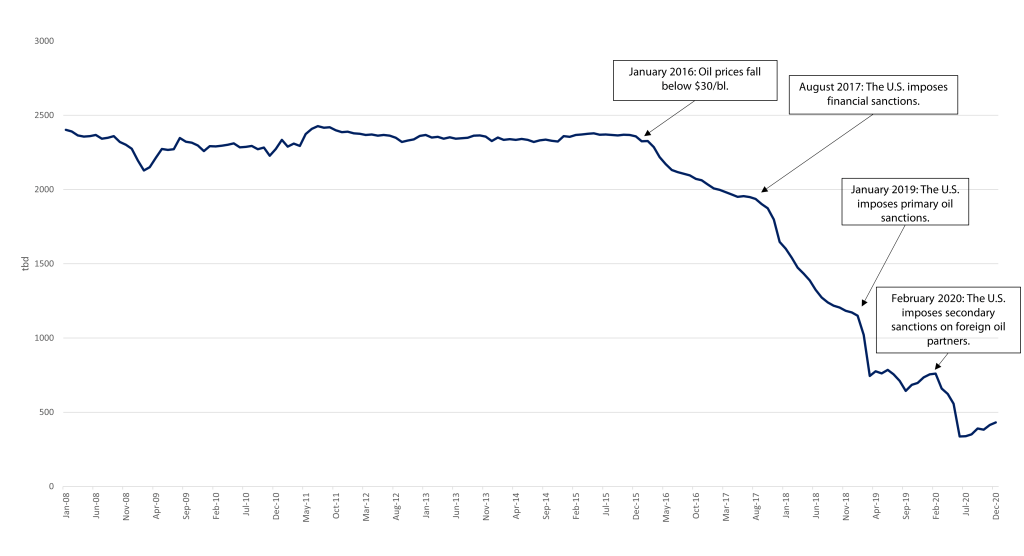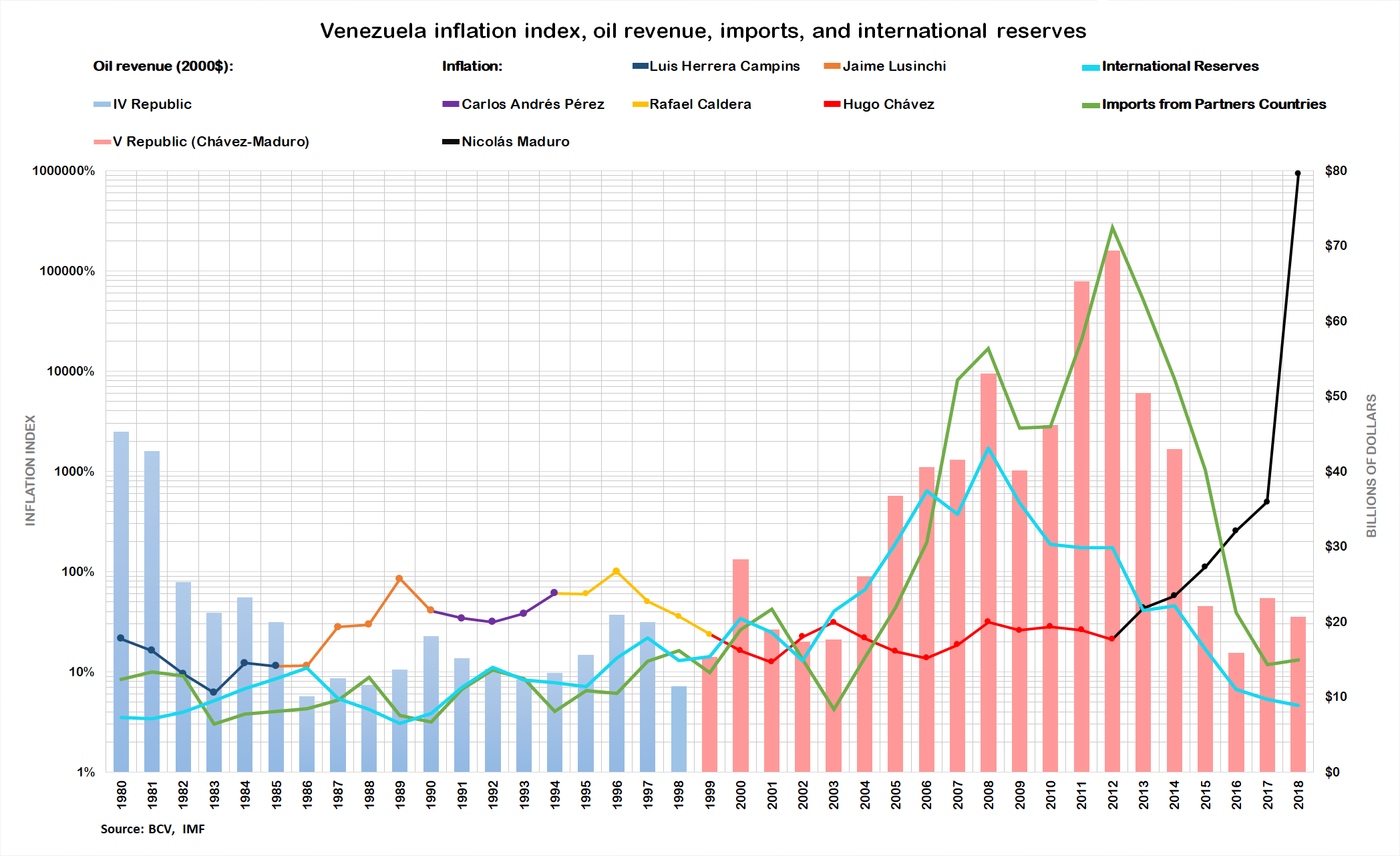July 2024 presidential elections will be held in Venezuela. Faced with the political disqualification of Maria Corina Machado, the main leader of the opposition, the opposition coalition managed to register a presidential candidate who, in principle, will face Nicolas Maduro in the elections.
🏅 Top traders
| # | Trader | Total profit |
|---|---|---|
| 1 | Ṁ1,154 | |
| 2 | Ṁ721 | |
| 3 | Ṁ574 | |
| 4 | Ṁ442 | |
| 5 | Ṁ266 |
People are also trading
https://www.csis.org/analysis/question-staying-power-maduro-regimes-repression-sustainable
Describes a couple of relevant factors, and questions the ability of Maduro to continue paying for his repression given the financial situation and historic unpopularity vs. Machado's & Venezuelans commitment to keep protesting (nonviolently) in the weekends
Supreme Court endorsed the results (Maduro winning). Not surprising.
The oil money only flows if markets are kept open.
Option 1: (Army/security revolt)
Venezuela is not a Stalinist state (at least not yet) it relies on the perceived legitimacy of it's rule to keep dissent muted. Having lost the election it has to increase repression to maintain control. That's expensive. The army and security forces may demand bigger bribes or may refuse to shoot their countrymen.
Option 2: (New Election)
Mediators, Brazil in particular, is talking about a new election with election monitors from the world over.
The regime is probably unlikely to agree to this but it might. Just as with the last election, they might think they can win.
Option 3: (Military misadventure)
Venezuela might invade Guyana. Unlikely but not fanciful.
Oppressive regimes generally try to keep their military divided to reduce the possibility of internal revolt. This means they're unlikely to be an effective military. Besides that Brazil will detest this happening and may be drawn into the conflict.
Defeat probably means regime change.
Okay, I looked more into this, and it does look like sanctions relief would make a major change to oil revenues, and therefore there's definitely incentive for the military to stand down during an uprising.
The US eased sanctions last year to force fair elections (and then walked them back when the opposition leader was excluded from the election):
As a result of easing sanctions, Venezuela was expected to grow its total oil revenue to as much as $20 billion this year from some $12 billion in 2023, according to Caracas-based consultancy Ecoanalitica.

You can see the effect of sanctions on top of the economic recession caused initially by falling oil prices. https://korbel.du.edu/regional-studies/news-events/all-articles/how-sanctions-contributed-venezuelas-economic-collapse?utm_source=perplexity
For reference: $12Bln oil revenues is really low compared to historically

Bar = oil revenues, line = inflation
https://interestingfactsworld.com/internal-revenue-facts.html
I'll have to think how much this impacts my assessment of the question. I was very pessimistic about regime change (<10%), but now I'm unsure
Exclusive | In Secret Talks, U.S. Offers Amnesty to Venezuela’s Maduro for Ceding Power - WSJ
You can read a little bit more passed the paywall by listening to the audio version
No paywall:
US mulls to pardon Venezuela's Maduro in a bid to push him out of power: Report – Firstpost
The spirit of this question is for the president-elect, judging by the description